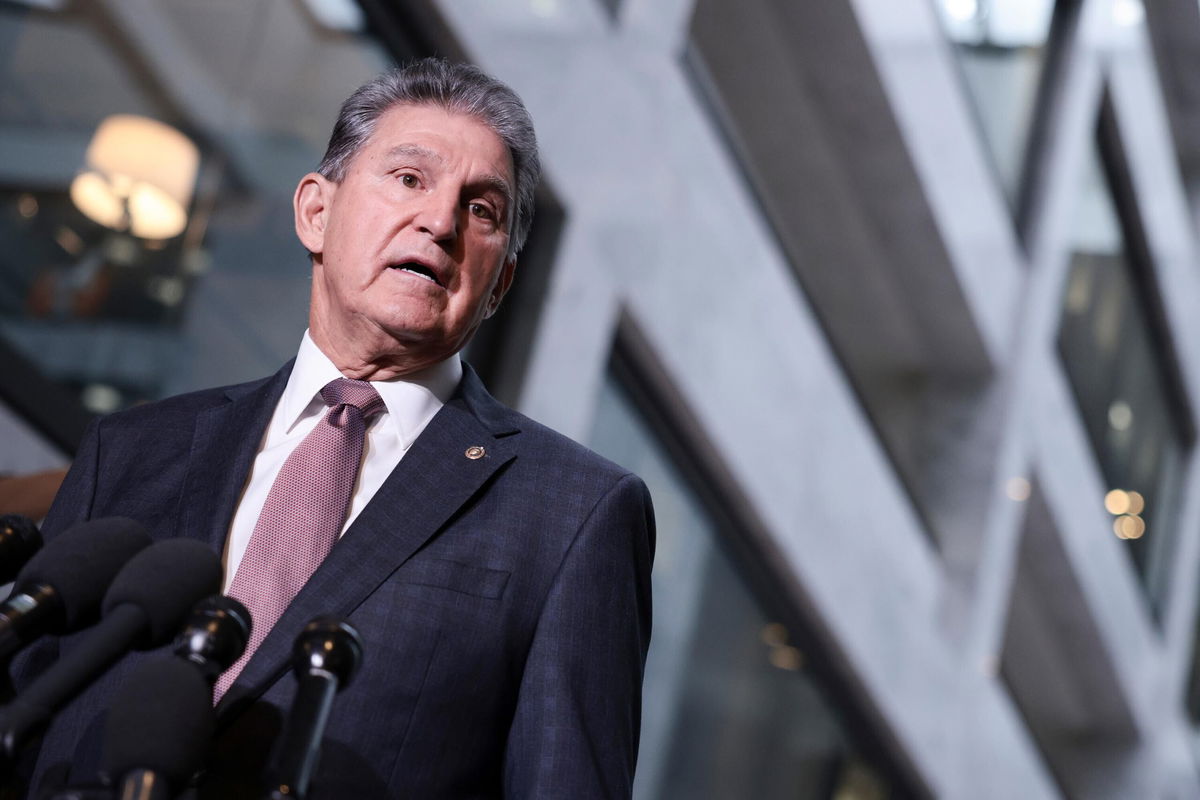Democrats struggle to overcome sticking points as they try to close social safety net deal

The prospects for reaching a tentative agreement on President Joe Biden's sweeping social safety net package by the end of the week are increasingly dire with Democrats still haggling over critical details of what to include and how to pay for the President's signature legislation.
By Lauren Fox, Manu Raju and Daniella Diaz, CNN
The prospects for reaching a tentative agreement on President Joe Biden’s sweeping social safety net package by the end of the week are increasingly dire with Democrats still haggling over critical details of what to include and how to pay for the President’s signature legislation.
The slow progress comes after Democratic senators said Tuesday they’d hoped to reach an agreement on a topline and overall framework by the weekend and as Democratic Sen. Kyrsten Sinema’s has dug in on her opposition to raising the corporate tax rate and the top marginal rate on individuals has rocked the party’s plans to finance the bill.
Sources familiar with the discussions say there are a host of thorny issues remaining including how to restructure prescription drug prices in a way that the US could negotiate directly with drug companies. There are also ongoing conversations about how to incentivize states to lower their carbon emissions and several issues to close out on who will qualify for programs like the expanded child tax credit and paid family leave. Overshadowing all of it is the fact that there still is no agreement on how much the bill should cost.
“There basically are three tough remaining issues: How do we raise revenue? Can we close the gap and deliver something meaningful on prescription drug pricing? And climate?” one member said on the condition of background to summarize the outstanding issues.
Sen. Joe Manchin of West Virginia predicted Tuesday it was likely negotiations would stretch beyond this week.
“There are a lot of details,” Manchin said.
Asked if it could be finished this week, Sinema said, “Don’t ask me, I can’t answer that question.”
Part of the challenge for Democrats is even once a deal is clinched with key moderates, the rest of the Democratic caucus in the House and the Senate have to be read in, educated and agree to the provisions.
“It’ll be very hard because one of the things before you adopt any framework, you accept it, certainly have to do a period of vetting so people have an understanding of it,” House Ways and Means Chairman Richard Neal said.
Democrats have made significant progress this week with various subgroups of members working around the clock to clinch compromises on the outstanding issues. But, that progress can only happen so fast. Democratic Majority Leader Chuck Schumer told reporters Thursday that “we are working very hard. Rolling up our sleeves. There are some outstanding issues, and we are working on them.”
Over the last week, the White House and Democratic leaders have zeroed in on trying to get Manchin to sign off on key pieces of the package, an attempt to put a bit more pressure on Sinema who aides and members say has been harder to pin down.
The uncertainty surrounding how to pay for the bill has also injected a new scramble into the debate with Neal and Finance Chairman Ron Wyden trying to find consensus for using other tax provisions other than raising the top marginal rate on individuals and raising the corporate tax rate.
A person familiar with Sinema’s thinking told CNN on Thursday that the Arizona senator has worked with the White House on some alternatives to raise that money. However, there is no indication yet those ideas would have the support of others in the caucus. Neal met with Sinema for 40 minutes Thursday and cautioned that including new ideas to finance the bill could considerably slow the process down.
“I did point out. It’s the ninth inning. I mean when are you going to vet these issues,” Neal said, adding that while Sinema didn’t signal she agreed, she did make it clear it was still her desire to see the bill pass.
The intense negotiations are just part of the reality of shrinking down a proposal that was once imagined to be at $3.5 trillion. Democrats are struggling to find a way cut back on key programs like Medicare expansion, the child tax credit extension and paid family leave even as many acknowledge that even a $1.5 trillion bill will be a huge investment in the country’s social infrastructure.
“It is hard to keep 50 people together with different constituencies. I am not whining,” Sen. Sherrod Brown, a Democrat from Ohio, said.
The-CNN-Wire
™ & © 2021 Cable News Network, Inc., a WarnerMedia Company. All rights reserved.